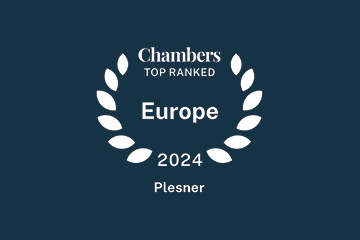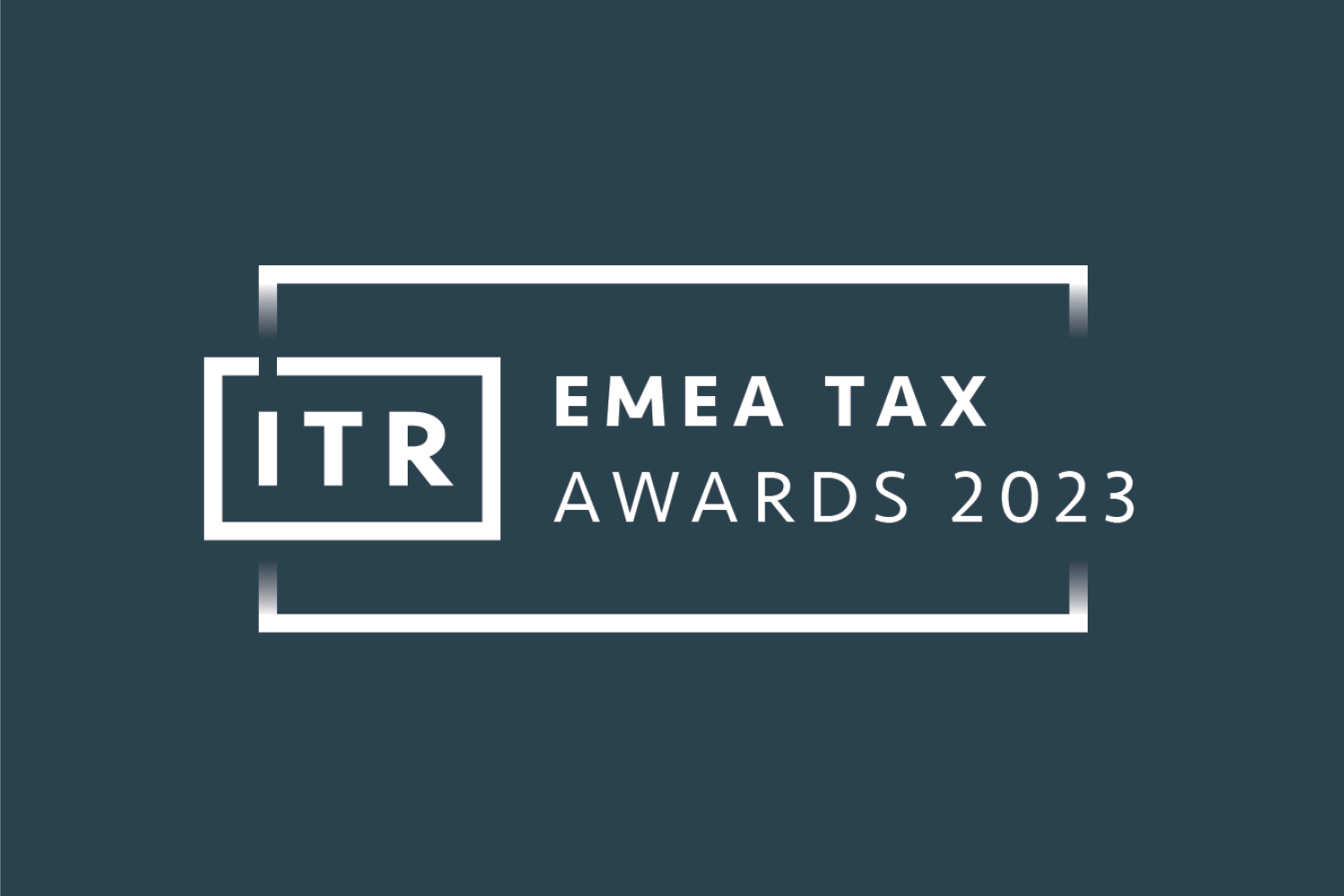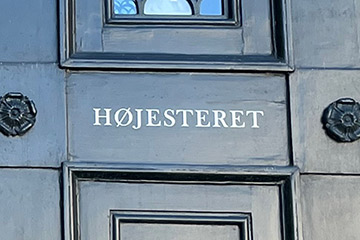The CJEU has delivered judgments in the "Beneficial owner"-cases
The Court of Justice of the European Union (the "CJEU") has delivered judgments in the six selected pilot cases reviewed by the Court. It is now for the Danish Eastern and Western High Courts to apply the given interpretation of EU law.
The issue of the "Beneficial owner"-cases is whether Danish companies paying interest or dividends should have withheld tax with regard to payments that are typically made to parent companies resident in other EU Member States.
The Danish tax authorities claim that the parent companies in question are so-called "conduit companies" because the tax authorities believe that the amounts received have been channelled to companies in tax havens. Consequently, the parent companies are not the "beneficial owners" of the dividends or interest received and, according to the Danish tax authorities, the Danish companies therefore were under an obligation to withhold tax in connection with such payments. As they failed to do so, the Danish companies are - still in the opinion of the tax authorities - liable for payment of such tax.
The cases are pending before the Danish Eastern and Western High Courts which, in six selected cases, have referred a large number of preliminary questions to the CJEU concerning the interpretation of EU law, in particular in relation to the Interest and Royalties Directive and the Parent-Subsidiary Directive and the implementation of these Directives into Danish law, and related to the free movement of capital of the EU Treaty.
Plesner is conducting three of these pilot cases – one involving dividend payments and two involving interest payments. In the cases, which have been pending before the CJEU for three years, the Advocate General delivered her opinion on 1 March 2018, and now the judgments of the CJEU are available.
The CJEU appears more or less to have set aside the Advocate General's proposals.
The cases concerning interest payments
In the cases concerning interest payments - where the taxpayers were not successful before the Danish National Tax Tribunal - the main issue concerns the interpretation of the concept of "beneficial owner" in the Interest and Royalties Directive.
The CJEU establishes that the concept is to be interpreted as "designating an entity which actually benefits from the interest that is paid to it". In that connection, the CJEU presents a number of illustrative interpretations.
A further important issue is, whether it is a requirement of the Interest and Royalties Directive that Danish law contains a rule for the prevention of fraud and abuse in order for the tax authorities to be able to refuse protection under the Directive on the grounds of abuse, or whether the tax authorities can apply the CJEU's general anti-abuse principle directly.
As far as this issue is concerned, the CJEU first finds that the CJEU's general anti-abuse principle may be applied directly by the tax authorities, ie it is not decisive whether the Directive's optional anti-abuse provision in Article 5 has been transposed into national law. The CJEU thus seems to have set aside its own previous case law in terms of direct taxation (the so-called Kofoed-judgment).
The CJEU then leaves it for the national courts to decide whether EU law is abused in the cases. In that connection, the CJEU lists several illustrative circumstances that may speak for or against abuse.
As for the provisions of the EU Treaty, the CJEU generally establishes that a number of Danish rules are contrary to EU law. This applies to Danish gross taxation of foreign interest recipients and the rules on higher default interest in cases concerning the withholding of tax at source.
However, the CJEU establishes that a company that has abused the EU rules cannot claim protection under the EU Treaty.
The cases concerning dividend payments
In the cases concerning dividend payments - where the taxpayers were successful before the Danish National Tax Tribunal on the basis of EU law - the most important issue is whether, in order for the tax authorities to rely on the (optional) anti-abuse provision in Article 1(2) of the Parent-Subsidiary Directive, Danish law has to contain a rule concerning the combat of fraud and abuse in order for the tax authorities to be able to refuse protection under the Directive, or whether the general EU anti-abuse principle can be applied directly by the tax authorities.
The CJEU expresses the same opinion as above with regard to the corresponding provision in Article 5 of the Interest and Royalties Directive. Hence, the general EU law concept of abuse may be applied, and it is left for the national courts to decide this in accordance with all circumstances existing in the individual cases.
Next step
The next step will be a reopening of the cases before the Danish referring courts, ie the Eastern High Court and the Western High Court.
As appears, these courts will have to decide specifically whether the individual companies may be refused protection under the Directives, ie whether the Directives have been abused.
It must be noted that, in addition to the EU law arguments in the cases, several other - national and international law - arguments support that there should be no basis for withholding the relevant tax at source, which the courts will now also have to consider.
Moreover, as mentioned, the CJEU has determined that a number of Danish rules are in conflict with EU law. Accordingly, it must be expected that the Danish Minister of Taxation will take the initiative to amend the rules in question, and that the Danish tax authorities will issue guidelines about the possibility of having cases reopened where the Danish rules have unlawfully been applied.
Plesner's team conducting the cases consists of Attorneys Hans Severin Hansen, Lasse Esbjerg Christensen and Anders Endicott Pedersen.







